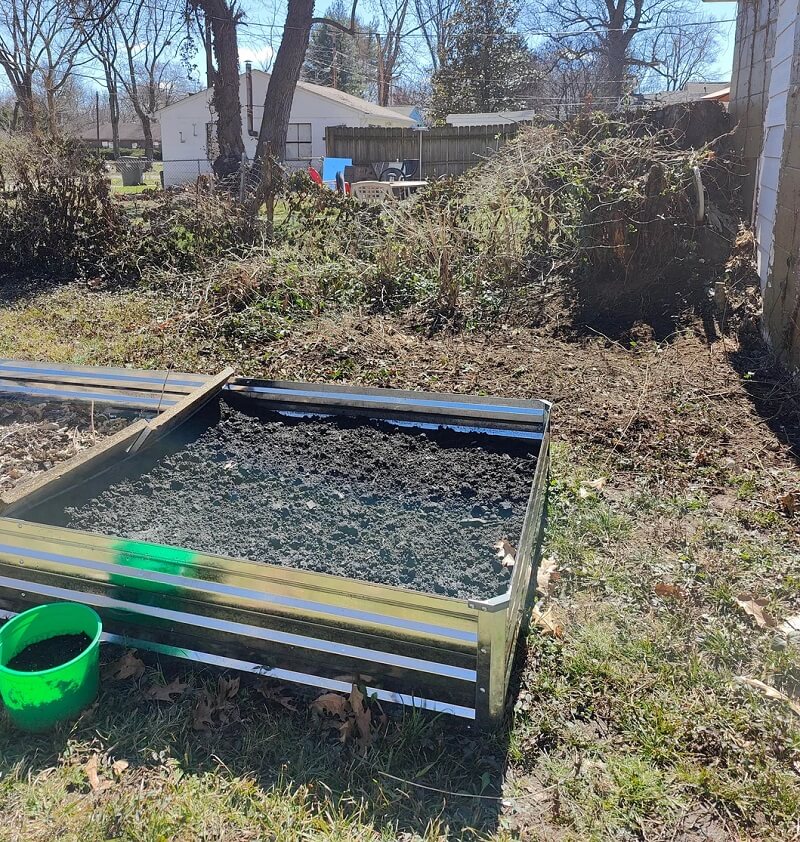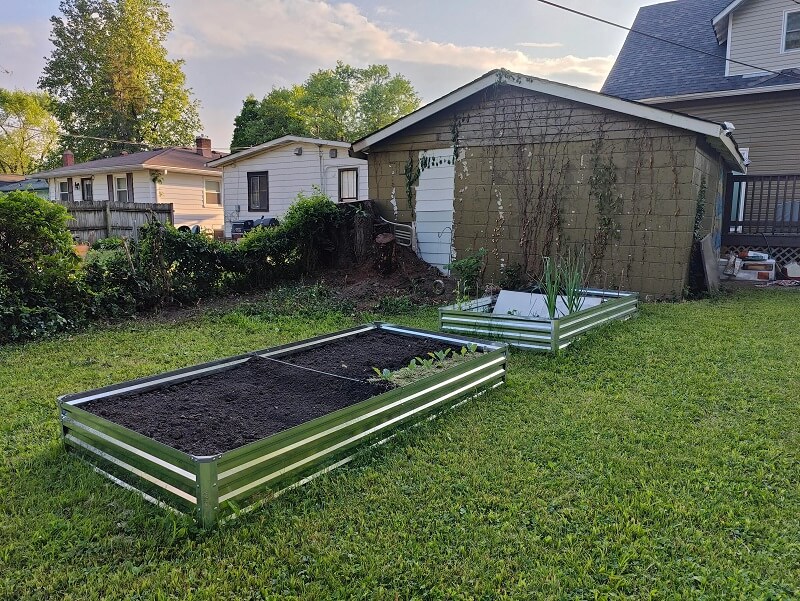Removing invasive species is a tough job, but it's all worth it.
An Indiana homeowner proved that after cutting out honeysuckle, poison ivy, poison oak, and wintercreeper, which they said "will haunt my dreams thanks to this backyard project."
"This year it's become my mission to get rid of the invasive species from my backyard borders between neighbors and replace them with native plants," they wrote in the r/invasivespecies subreddit. "I still have hours and hours to go, but these are some photos of this week's work thus far."


Invasive plant species hurt native flora by outcompeting them for water, sunlight, and nutrients. They can smother and strangle trees and other plants, while certain types are harmful to humans and animals.
Poison ivy and poison oak are native to North America but meet the definition of invasive because they spread quickly. They're difficult to eliminate because of their woody roots and will grow back if any portion of the plant is left behind.
If you're removing either from your yard, make sure to protect yourself so you don't come in contact with the oil of the plant. Also, never burn it; the urushiol, which is insoluble in water, can tear up your lungs and respiratory system as well as your eyes and skin via the smoke, just as it can cause rashes and blisters on skin.
Herbicides can aid eradication efforts, but they require repeated applications of oversaturation, and they will damage other vegetation.
Replacement options depend on your locale and garden or yard. In general, native species provide habitat for wildlife, attract pollinators, and reduce or knock out the need for fertilizers and pesticides. They can also save you money, especially on your water bill.
As the poster noted, their undertaking will change the yard from one that requires "extreme removal" to one that merely needs "monitoring."
"Great job!" one user wrote. "That's so much hard work!! Hurray!!"
Join our free newsletter for easy tips to save more, waste less, and help yourself while helping the planet.









